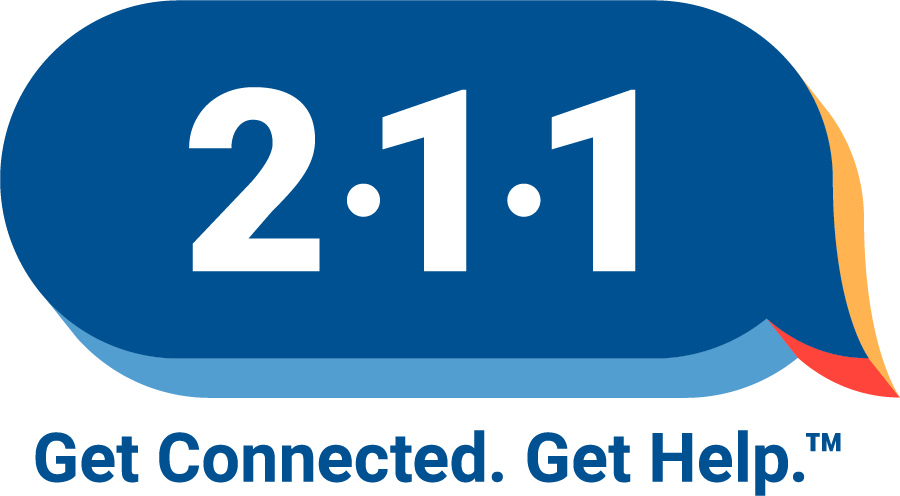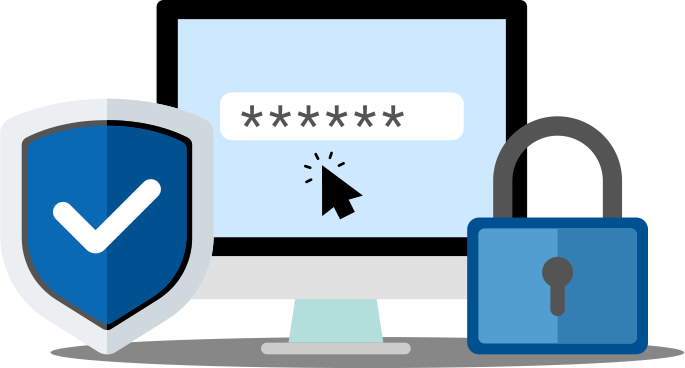KinshipCareCA.org Offers A Virtual Safety Net Of Connections To Services For California’s Kinship Parents

Vulnerable kinship and foster families who are at further economic and resource risk during COVID-19 uncertainties can find local supports
As KinshipCareCA.org celebrates its two-month anniversary today, its kinship “concierge service” is ramping up to better support grandfamilies, kinship caregivers, foster parents, and service providers to connect with local services and improve youth outcomes. This service is becoming even more important in light of California’s ongoing battle with COVID-19.
Many children and youth are raised by relatives other than their biological parents, but outside of the formal foster care system. For these “kinship care” families, finding resources can be difficult because a new kinship parent may not know where to begin, and may not be aware that supports exist for their situation. Similarly, as with all families, the developmental needs of children are always evolving, so even a veteran kinship parent often needs assistance. The goal of KinshipCareCA.org is to curate a library of updated resources that can be easily navigated by kinship caregivers and kinship service providers. KinshipCareCA.org further supports those who need additional help by beginning conversations with 24/7 kinship navigator specialists. KinshipCareCA.org quickly pivoted prior to its site launch to publish COVID-19 resources with the kinship and foster caregiver in mind. Additionally, the program features access to live help, by phone or text, from resource specialists who are trained on the needs of kinship and foster youth and caregivers.
How KinshipCareCA.org Works
With KinshipCareCA.org, caregivers have free access to a guided search for online resources and a callback 24/7 from a kinship navigation expert in real-time whenever there is a new crisis, question or fork in their kinship journey. This concierge service both builds resilience for navigating the systems of care that are relevant to kinship families in that it puts resources directly at the fingertips of families in need when they need it, and institutes a type of virtual safety net because if the caregiver provides some basic information, a specialist will call back and check in on their experience with the resource.
Launched on World Foster Day
“Kinship and foster parenting is a global response to a growing global situation,” says Agnes Barnard, leader of the South African organization, Kin Culture behind “World Foster Day,” a special day celebrated around the world on May 31 to uplift all types of family caregivers who are raising a child who isn’t biologically theirs. United Way launched KinshipCareCA.org on World Foster Day 2020 as a tribute to caregivers everywhere. World Foster Day aims to promote foster care through storytelling, education and activation of communities.
“We also take time thanking foster families for the work they do for children around the world, Barnard added. United Way launched KinshipCareCA.org on World Foster Day 2020 as a tribute to caregivers everywhere. A recent Facebook post from World Foster Day reposts Embrace Washington’s definition of foster parenting as “risking the protection of one’s heart for the protection of a child.”
Caregiver Wellbeing
Sadly, it is not just a caregiver’s emotional vulnerability that may be at higher risk, but also their economic and physical wellbeing. Keeping children safe with a sense of permanency and connection to family amid uncertainty and transience is the common goal of kinship parents, but it is ironic that for the majority of these parents uncertainty grows when taking on the additional family member(s). A UCLA Center for Health Policy Research study from 2013 highlights that:
- The average California grandparent who rents and is the primary caregiver of a grandchild needs twice the Federal Poverty Level (FPL) to maintain a basic standard of living, and
- More than half of all older adults in California who live alone and more than a quarter of older couples in the state do not have enough income to cover their own basic needs, much less to cover the basic needs of grandchildren placed in their custody.
While this report has not been updated and is seven years old with data over eight years old, Californians have only seen housing costs and living expenses increase in recent years. Add in a global pandemic and grandfamilies need help more than ever. KinshipCareCA.org will be measuring both caregiver and child wellbeing in its evaluation study, for kinship families involved, and not involved, in child welfare.
COVID-19 Complexities
United Ways worldwide are a champion of many vulnerable populations and strategically design programs with the knowledge that a crisis can hit vulnerable populations the hardest. COVID-19 is a different type of crisis than California has seen in over a century as the entire state is affected all at once. Many previously struggling families are experiencing increasing difficulties. Unfortunately, the pandemic is even creating new kinship families. So far there have been at least several COVID-19 news stories in the U.S. where both parents have suddenly died from the disease, leaving family members to step in and support their new family. One new kinship caregiver is the eldest of three children who, at 20, is trying to learn how to care for his siblings. It goes without saying that in moments of extreme crisis like this, an individual can become profoundly overwhelmed attempting to keep things going day to day during a myriad of new complexities. He or she may be trying to process their own sense of loss or insecurities about their parenting abilities, and may not remember or find time to “put their own oxygen mask on first.”
Increased Need for Online Services due to COVID-19
Strained COVID-19 financial and recovery resources can overburden this population, who lost in-person resource centers or who find themselves looking for ways to reimagine supports for their children that they relied on (perhaps a bit more than biological families). These recently lost supports include in-person school, transportation, school mental health supports, therapies for children with disabilities, and respite care. Enter a loss of income and routine, fear of exposure due to a high-risk profile, or other numerous COVID-19 realities including fewer entertainment options or co-existing under the same roof for longer periods of time together, and you have the recipe for an added strain on an already overtaxed system. For many kinship parents, they are already experiencing their second round of parenting in what was supposed to be their golden years.
The Kinship Community
“We’re not just offering a resource…We are building a community and we’ve already had success stories of people in need of services, who saw our ads on Facebook, and reached out and got connected to the services they need,” says Kelly Brown, Director, 211 Ventura County, who leads the call centers integration into the website. “We have the capacity for more calls and know that there are more kinship and foster families to reach, so if I could wave a magic wand it would be to make sure that more Californians know about this vital resource and get connected online, by phone or texting KINSHIP to 211211,” Brown added.
“During this stage of the program implementation process, the usability component of the evaluation was designed to learn from kinship caregivers about their experiences with the program’s kinship navigator website and their current resource needs from a kinship navigator program,” says Dr. Michelle Rosenthal of Data With Purpose, a United Way evaluation partner and the Principal Investigator for the project with 20+ years of experience in the kinship field. “Findings from our virtual, kinship caregiver focus groups, as well as online, usability surveys collected from statewide Advisory Committee members, UW Regional Partners, and other kinship provider stakeholders have been instrumental in establishing the project’s continuous quality improvement process,” Rosenthal added.
An introduction to United Ways of California’s new Kinship Navigator is happening today, July 31, 2020 and free registration is available here.
New to the KinshipCareCA.org site? Get started here!



